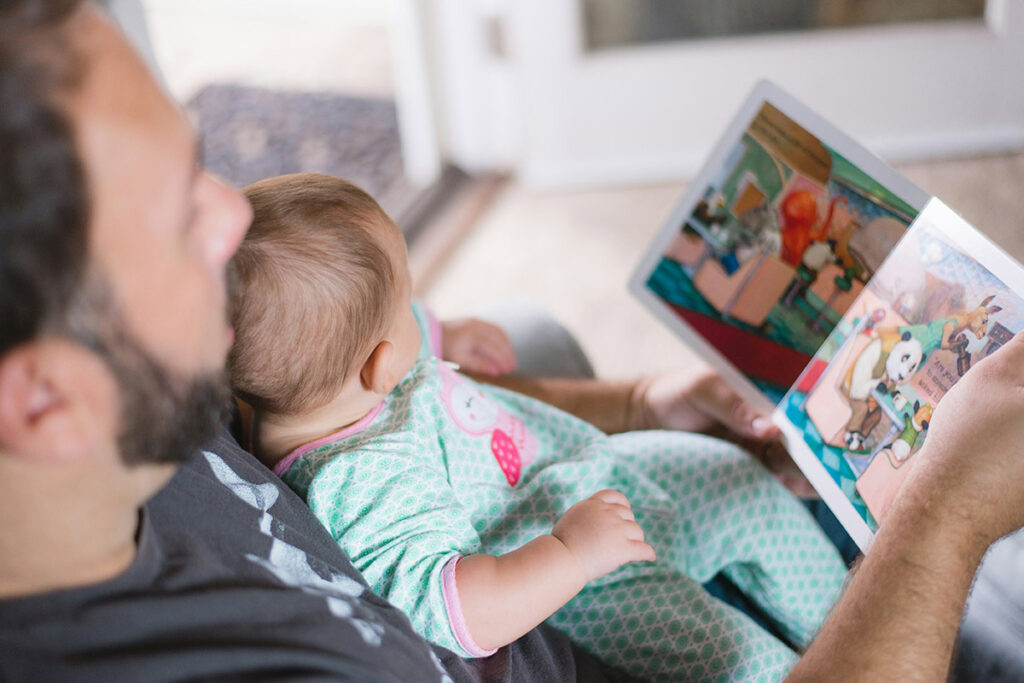Next year, Elisa will become the internet and cable TV provider for VAV.

Many factors affect the temperature in your home
11.12.2024News
People are very sensitive to temperature changes in their homes and experience them individually. Some people are more comfortable in cool and others in warm indoor air.
In addition to room temperature, the feeling of warmth is influenced by factors such as humidity, clothing and thermal radiation. This is why many people find indoor air cool and damp, especially in autumn.
The heating season in VAV homes starts when the average temperature for three days falls to 12 degrees Celsius. This year, the heating season started in September.
A cooler bedroom for a good night’s sleep
In winter, it’s a good idea to make sure your home temperature is within the recommended range and your heating is working ideally. The Healthy Living Guide defines a healthy indoor temperature for homes as around 21 degrees Celsius. This is also considered to be a suitable temperature for energy efficiency.
In the bedroom, the temperature can be slightly lower, for example between 18 and 20 degrees. A cooler bedroom than other rooms improves sleep quality and makes it easier to fall asleep.
Radiators are automatically adjusted
VAV’s homes are mainly district-heated with water-cooled radiators.
The temperature of the radiator network is automatically adjusted according to the outdoor temperature. The surface temperature of the radiators may therefore rise at night, for example, if the outside temperature drops significantly, and fall again during the day if it is warmer outside.
In general, radiators will therefore operate normally, even if the surface does not feel hot. It is also worth remembering that the surface temperature of radiators is lower, especially in newer energy-efficient homes.
Supply air openings must not be blocked
It is a common misconception that blocking or closing air inlets will increase the warmth of your home, especially in winter, and reduce the feeling of draught. This should not be done, as it prevents ventilation and the exchange of fresh air in the dwelling.
This prevents the apartment from becoming under-pressurised. With negative pressure, replacement air can enter the apartment from the wrong places, such as a letterbox, structures or drains, bringing an unpleasant smell into the apartment. It is therefore very important not to try to block air inlets.
Get tips for the heating season here
1. Make sure the thermostats on your radiators are in the “open” position.
The temperature of the radiators can be controlled by the thermostat. Sometimes the needle valves on radiator thermostats can get stuck during the summer, so feel free to turn the thermostat to the ‘open and closed’ position a few times.
Please note that you should not vent the radiators yourself, as this can cause water damage. Any radiator that needs to be vented should always be reported to the maintenance.
If necessary, you can also measure the indoor temperature yourself with a reliable room thermometer at about 1.5 metres from the outside wall and at least one metre above the centre of the room.
2. Keep the front of the radiators clear.
Do not hang curtains, place furniture or objects in front of or on top of radiators to allow the warm air to circulate optimally and heat the home evenly.
3. Ensure that replacement air can pass through the supply air vents.
If you feel that too much cold air is blowing out of the replacement air valve, turn it down if necessary. However, it is very important for indoor air quality that air can circulate in the home to freshen the indoor air.
Remember that only a service or ventilation specialist should adjust the exhaust air valves.
Please do not block the air inlet openings to prevent negative pressure in the apartment. This can cause replacement air to enter the dwelling from the wrong places, such as a letterbox, structures or drains.
The cause of draughts can also be found, for example, in seals, ventilation or structures. Please make sure that ventilation windows and window shutters are properly closed.
4. If your home has underfloor heating, you should use it in winter.
The right temperature for underfloor heating is when the heat feels comfortable underfoot.
5. Remember that the sauna is only for taking a sauna.
The sauna heater must not be used to heat the room for fire safety reasons. It is also forbidden to dry clothes, for example.
6. Do you suspect a problem with the heating or ventilation?
If you suspect a problem with the heating or ventilation system, you can report it conveniently via VAV’s customer service or OmaVAV.
